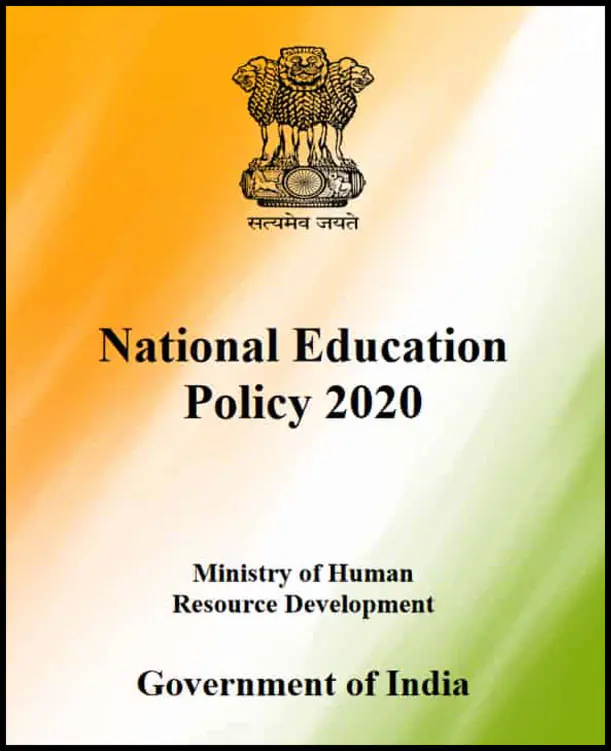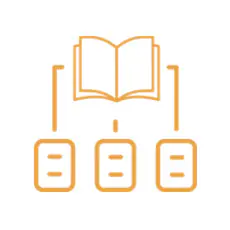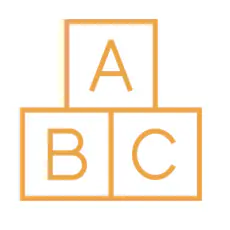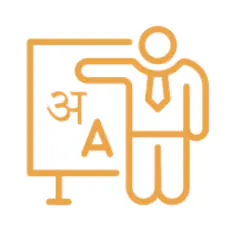
The five pillars of the National Education Policy 2020
ACCESS
All children should have access to quality elementary education, regardless of their caste, creed, gender, or location.
Equity
Students should
receive individualized
support
QUALITY
All students should
receive quality education
Affordability
Education should be free and compulsory for students from the
ages of 3–18
Accountability
All children should have access to quality elementary education, regardless of their caste, creed, gender, or location.
National Education Policy 2020
The National Education Policy (NEP) 2020 is a landmark reform aimed at transforming the education system in India to make it more inclusive, flexible, and holistic. By addressing challenges at every level, the NEP 2020 envisions an education system that prepares students for a rapidly evolving future. NEP 2020’s perspective is balanced development of a student’s intellectual, emotional, mental and physical health.
NEP’s main goal is to develop the abilities of students in the use of advanced technology, research, curiosity, creativity, innovation, entrepreneurial skills, and ethical leadership.
The Dnyanranjan National Educational Project has been designed to fulfill the objectives of the educational policy and ensure its precise implementation. Here, we outline the key features of NEP 2020 as they pertain to school education.
Main Features of NEP 2020 for Schools
Universal and Inclusive Access


New Structure: 5+3+3+4
Replacing the traditional 10+2 system, the NEP introduces a 5+3+3+4 framework designed to align with the developmental needs of students
Foundation Stage (3-8 years): Play-based and activity-based learning in preschool and grades 1-2.
Preparatory Stage (8-11 years): Focus on interactive classroom learning in grades 3-5.
Middle Stage (11-14 years): Experiential learning for grades 6-8.
Secondary Stage (14-18 years): Multidisciplinary and flexible learning for grades 9-12
Early Childhood Care and Education (ECCE)


Foundational Literacy and Numeracy
National Initiative for Proficiency in Reading with Understanding and Numeracy (NIPUN Bharat), has been launched for ensuring that every child in the country necessarily attains foundational literacy and numeracy (FLN) by the end of Grade 3, by 2026-27.
Revamped Curricula and Pedagogy


Language and Multilingualism
Assessment Reforms
The NEP introduces changes to shift the focus from rote learning to holistic development. Formative and summative assessments are complemented by PARAKH (Performance, Assessment, Review, and Analysis for Holistic Development) for consistent growth tracking. Flexible board exams with opportunities for reattempts and holistic progress cards incorporating self-assessment and peer feedback ensure that assessments become a tool for learning rather than mere evaluation


Support for Student Needs
To ensure equitable education, the policy provides financial aid for marginalized and special-needs students, establishes Special Education Zones and Gender Inclusion Funds, and supports schools in creating inclusive learning environments. These measures aim to bridge gaps in access and enable every child to thrive in a supportive and nurturing setting
Teacher Training and Professional Development
The policy underlines the critical role of teachers in shaping future generations. It focuses on reducing administrative workload through technology, providing continuous professional development opportunities, and emphasizing the use of modern teaching methods. By empowering educators, the NEP ensures that teaching standards remain high and students receive quality education


School Governance and Clusters
To improve access and quality, the NEP promotes the formation of school complexes or clusters that enable shared resources and infrastructure. Enhanced governance by supervisory bodies ensures operational efficiency, allowing schools to focus on delivering superior education. This collaborative approach addresses resource constraints and fosters a sense of community among schools
Overall Impact
The NEP 2020 ensures an inclusive, equitable, and future-ready education system that nurtures creativity, critical thinking, and innovation. By empowering teachers, modernizing schools, and focusing on student-centric learning, the policy lays the foundation for a brighter educational future
